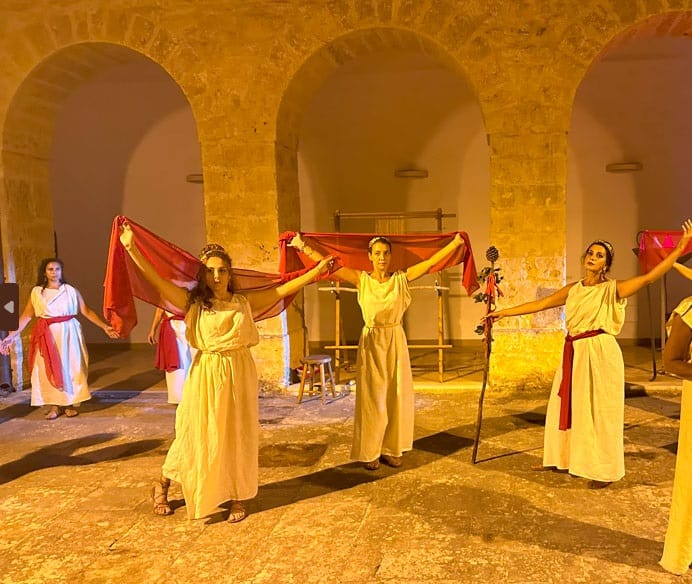Something great is happening on the other side of the Ionian. We are talking about Southern Italy and Sicily, or "Magna Graecia" (Greater Greece) as it was called in antiquity, and there is a good reason for this. An explanation, which Newsbomb.gr found to be true not simply because of the past, romance and nostalgia, which residents of the area or we, from this side, may reasonably have, but because of what is happening today, and it primarily concerns the future - a Greek future that most of us might not have even imagined...
Here follows the first part of Newsbomb's journey in Magna Graecia, which includes the regions of Kymi (Κύμη, English: Cumae), Neapolis (Νεάπολις, English: Naples), Poseidonia (Ποσειδωνία, English: Paestum), Metapontios (Μεταπόντιον, English: Metapontum) and Taras (Τάρᾱς, English: Taranto).
In the next publication, the second part of the trek will follow in Kroton (Κρότων, English: Crotone) and the regions of Kalavria (Καλαβρία, English: Calabria), while it will conclude with the third and last part in Sikelia (Σικελία, English: Sicily).
It is a fact that many residents of southern Italy are turning to their Greek past to integrate it into the present and build a different future. And they are asking for the help of their "brothers", as they tell us, from this side of the Ionian, as for them the distinction is only linguistic - and that is for contemporary reasons - and not a border one...
Newsbomb had carried out a report, which went viral, about this connection, talking online with institutions from both sides, where we heard locals moved to identify themselves clearly - and without further discussion - as "Greeks".
They explain to us why and what this might mean.
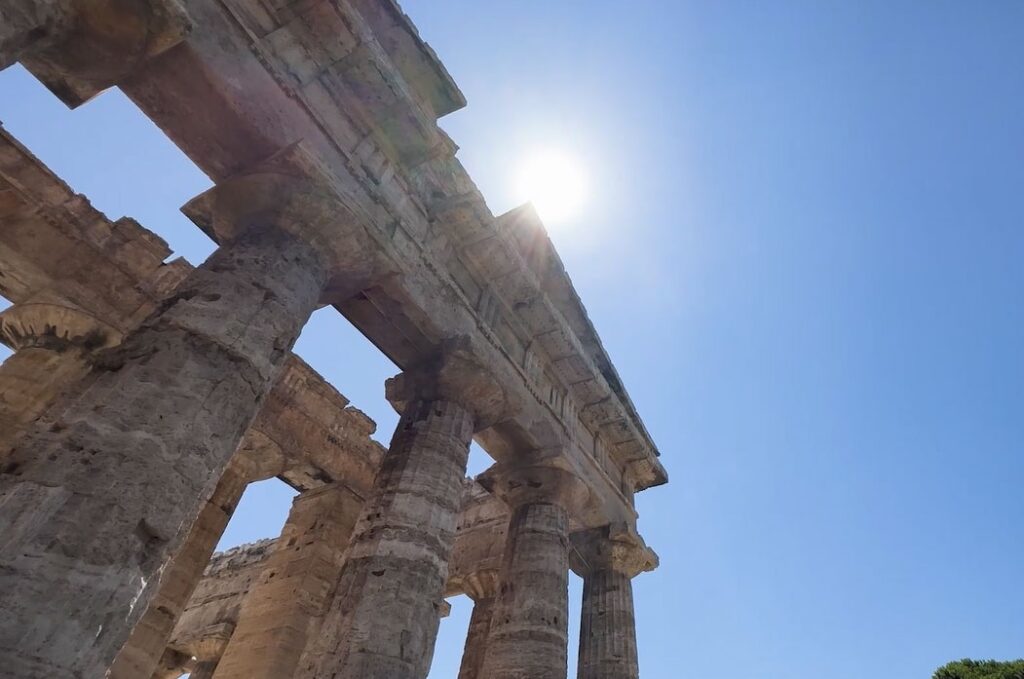
This time, we went to southern Italy and made a marvellous pilgrimage to all the areas where Hellenism once flourished, to the same or even greater extent as it did in mainland Greece. The seed of this flower, as we were surprised to find, was never uprooted and instead had much to give…
In this article, we present the first part of our trek - there are three in total - as there are so many amazing things to show that it was decided that they should not be limited to one video...
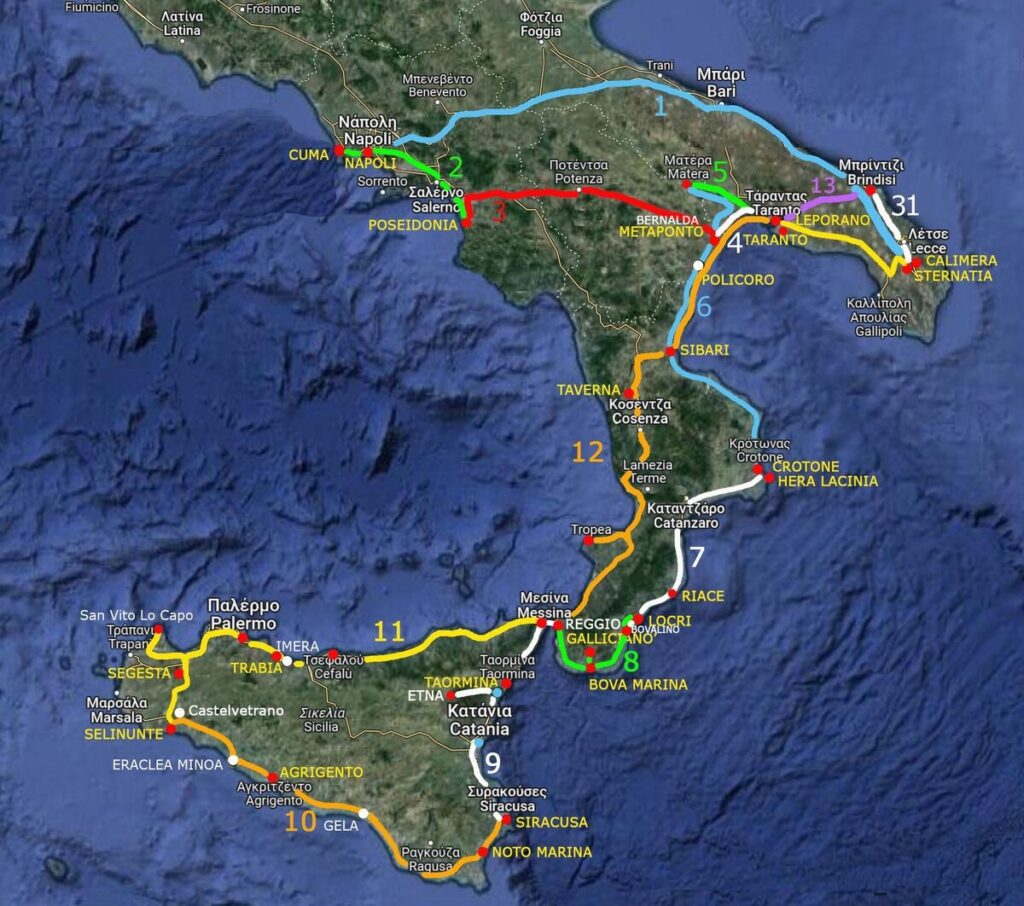
Wherever we went, from Naples to Apulia, Calabria and the coast of Sicily, everywhere some people wanted to meet the Greeks, to talk to our camera about what they felt, to show us how they meant their Hellenism - because they were also Greeks in another, administratively, homeland - as they told us and as you will also find out...

Mayors, artists, MEPs, historians, ordinary citizens, people who are now living their lives 150 years after the violent dissolution of the kingdom of Naples and Sicily and the incorporation of these areas into the Italian state, and a few decades after the oppression of Mussolini and of the attempt to "stamp" anything that does not strictly promote the Italian identity alone.
Globalisation as it is and its threats, after all, and as we were told, is a problem whose solution can only come for them with the awakening of what they were and what they can and must become. Not something like us - because it is us.
But with the values of Hellenism in mind and the cultivation of a consciousness of the true and the beautiful, like the wonderful temples that are there everywhere, and in a much better condition than here, with the marbles there not catching rust and on the contrary, have many useful stories to tell us – for today.
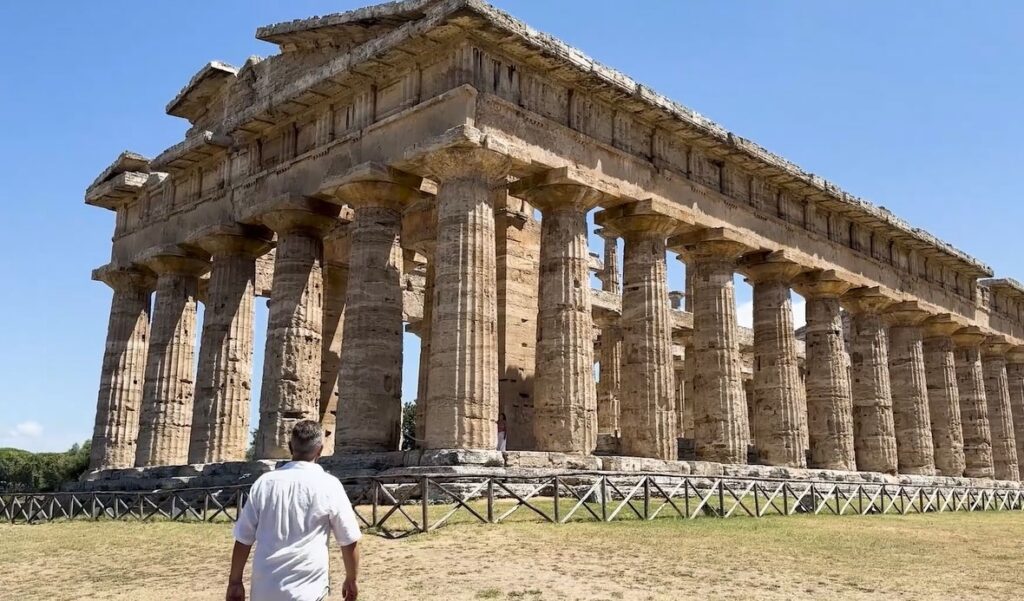
We continue to the city and have lunch with our "brothers", as they call us, at the foot of Vesuvius, and learn about their pride in being Parthenope, the city of Odysseus. We can also see pride in the stadiums of the team that won the championship a few months ago "in Italy" and not "of Italy", as they keep telling us because they feel something else...
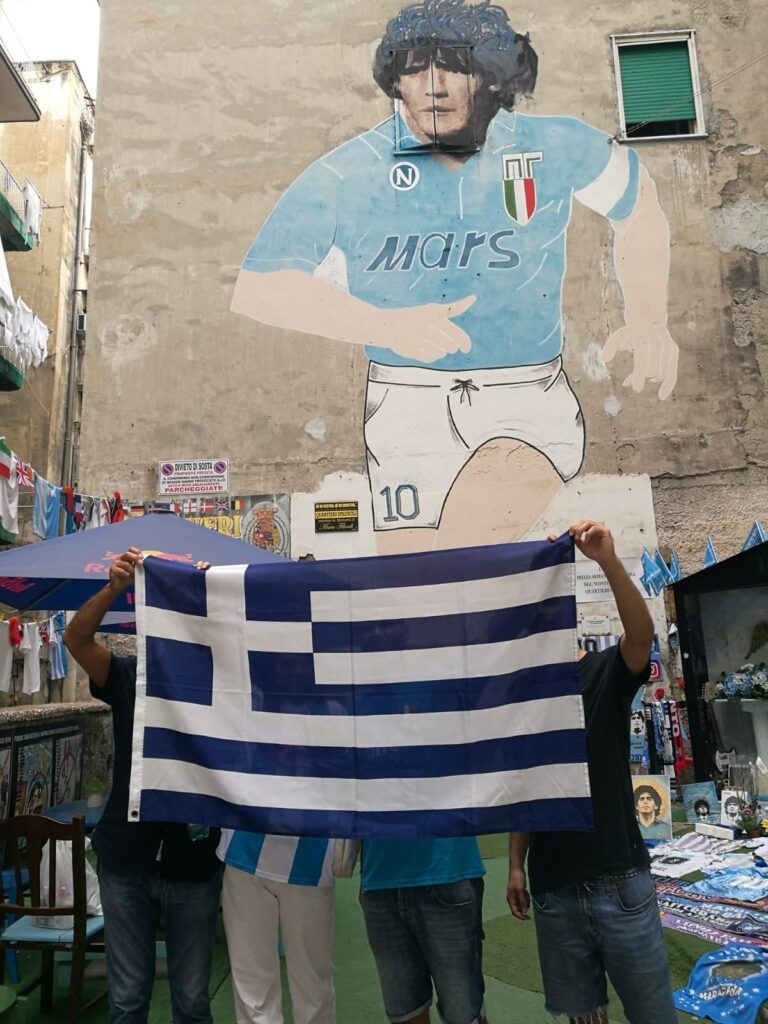
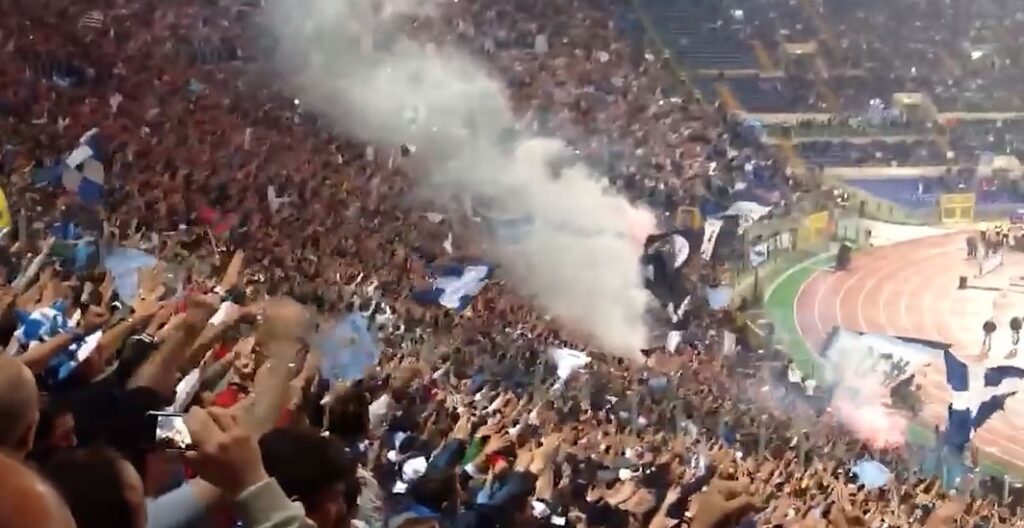
Very close is Poseidonia, a real archaeological park with three wonderful temples, much larger than our Parthenon...
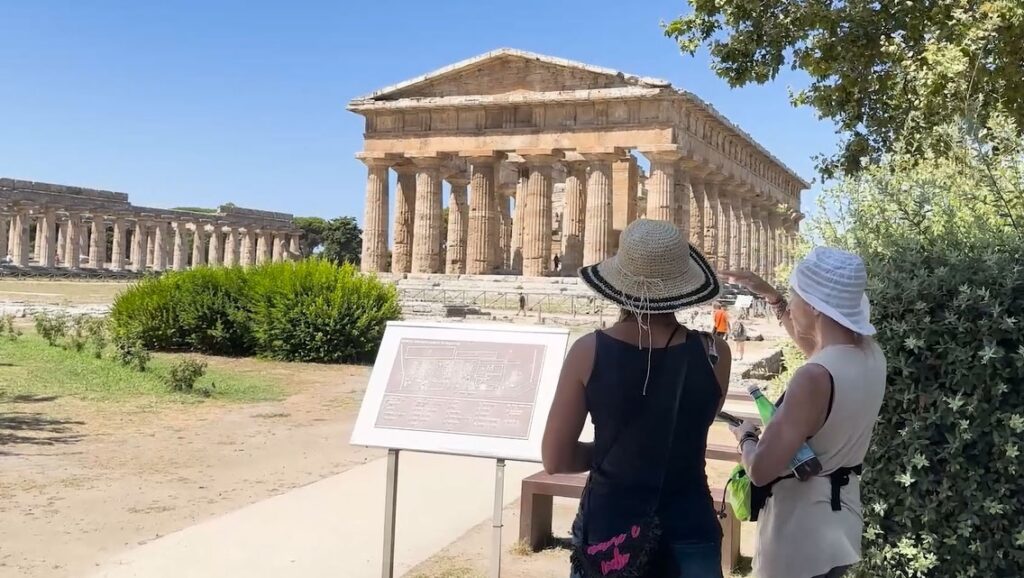
In the first part of the trek, we start from Kymi - the Euboean colony, as you may have already guessed from the name, and the world-famous oracle of the Sibyl, compared perhaps only to Delphi, just outside Naples.
From there, we moved towards Apulia and Metapontion, the place of Pythagoras. The people there honour him in particular, with the "Naiads" dressed up in ancient Greek costumes, telling us about him and taking us on a tour of where the Samian philosopher flourished...
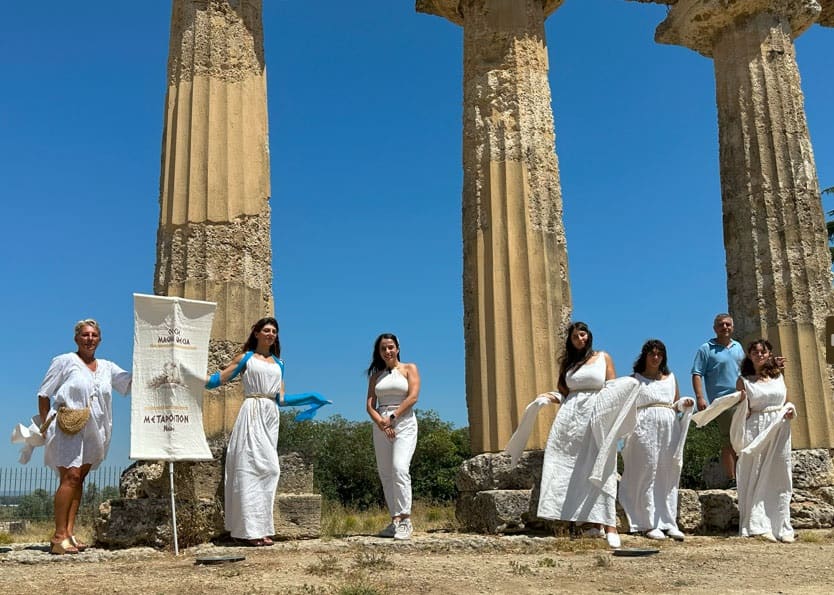
Somewhere, there is also the "Greek" Apulia, i.e. the Greek-speaking villages, with the inhabitants, despite the times, still speaking Greek and welcoming us warmly...
The next stop was the only Spartan city in the world other than Sparta.
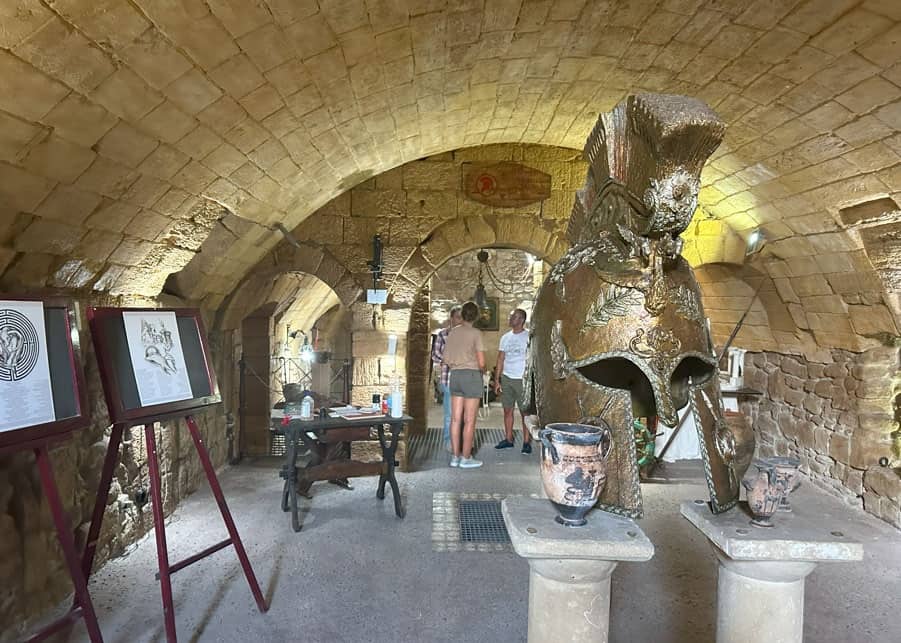
Tarantas, the only colony of Spartans that is, and here we are welcomed by the mayor of the region and many others, such as artists, businessmen and MEPs, while they are preparing an exquisite ancient Greek artistic event, especially for us, the likes of which we have never seen on this side...
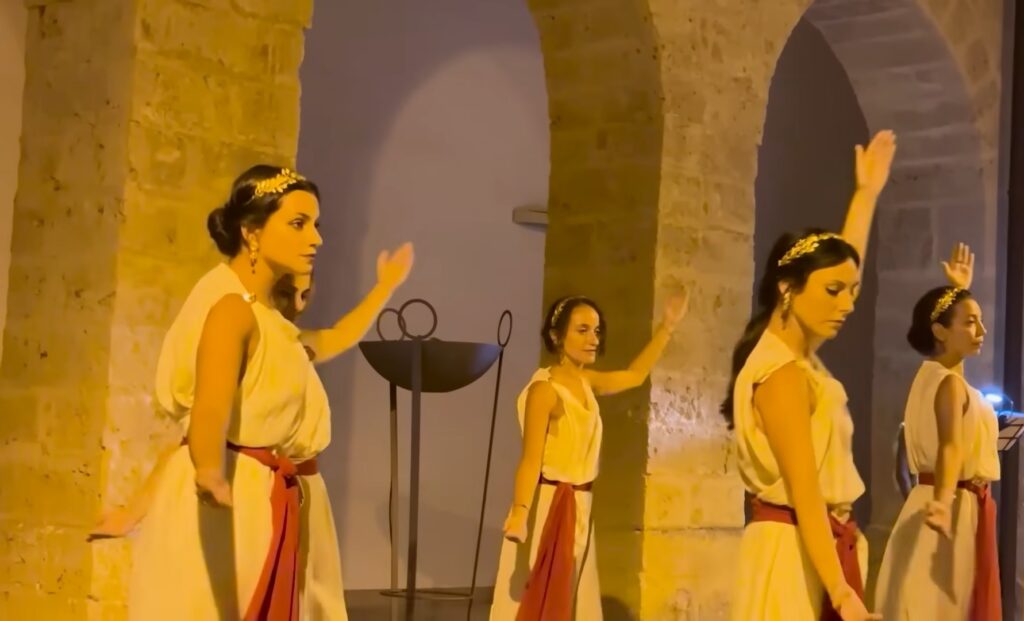
See the first part of the trek in Magna Graecia:
THE PEOPLE OF MAGNA GRAECIA:
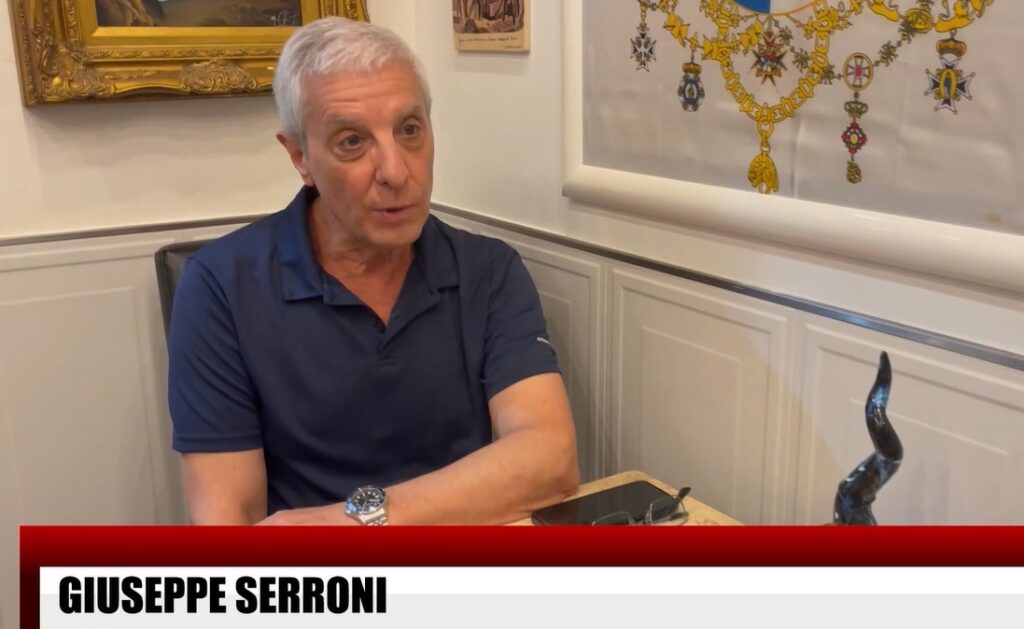
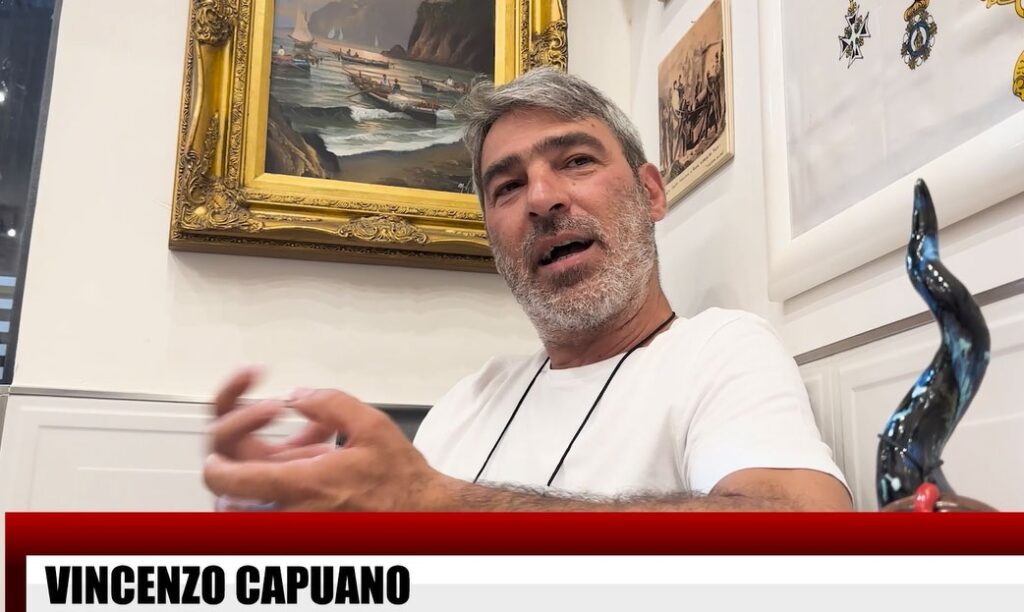
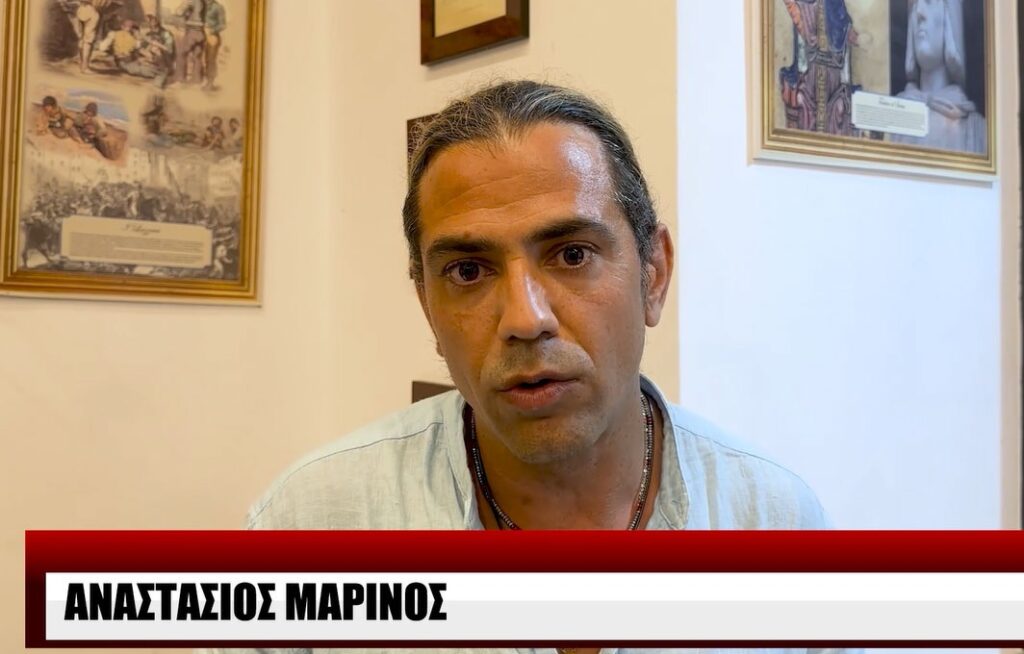
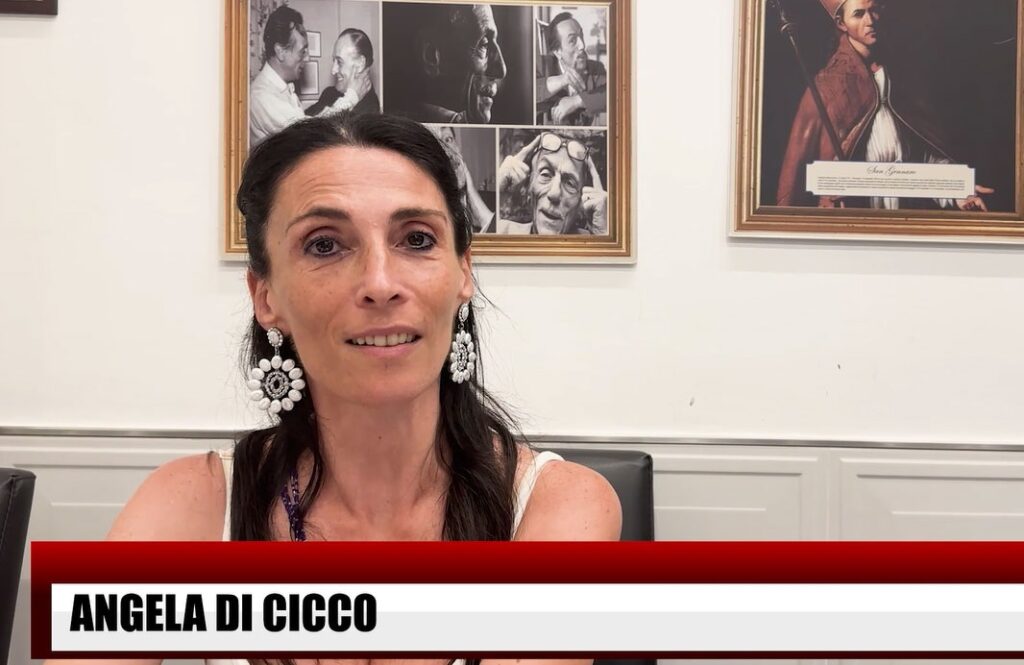
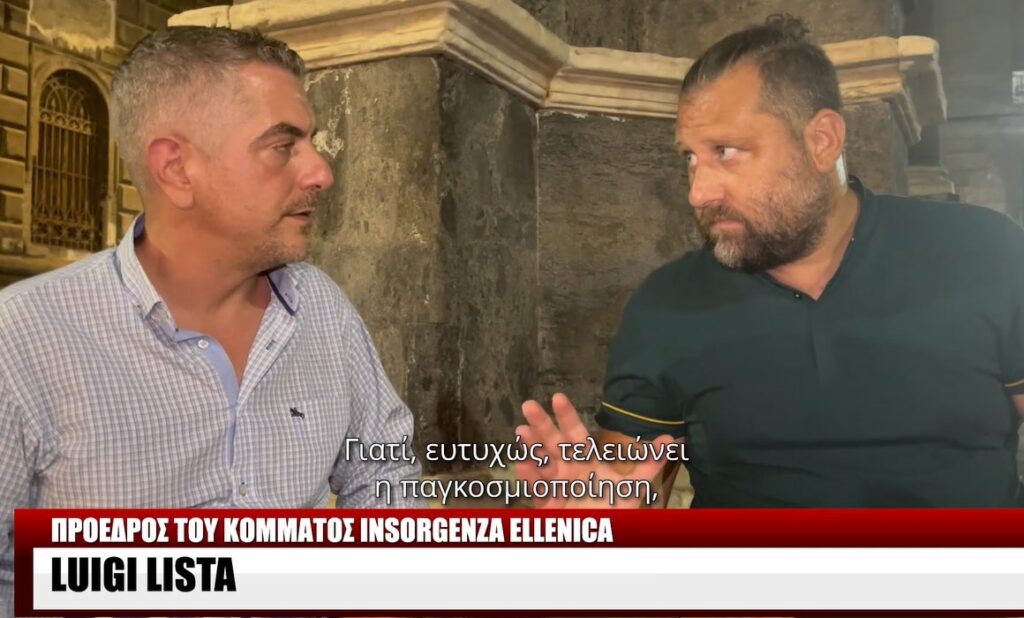
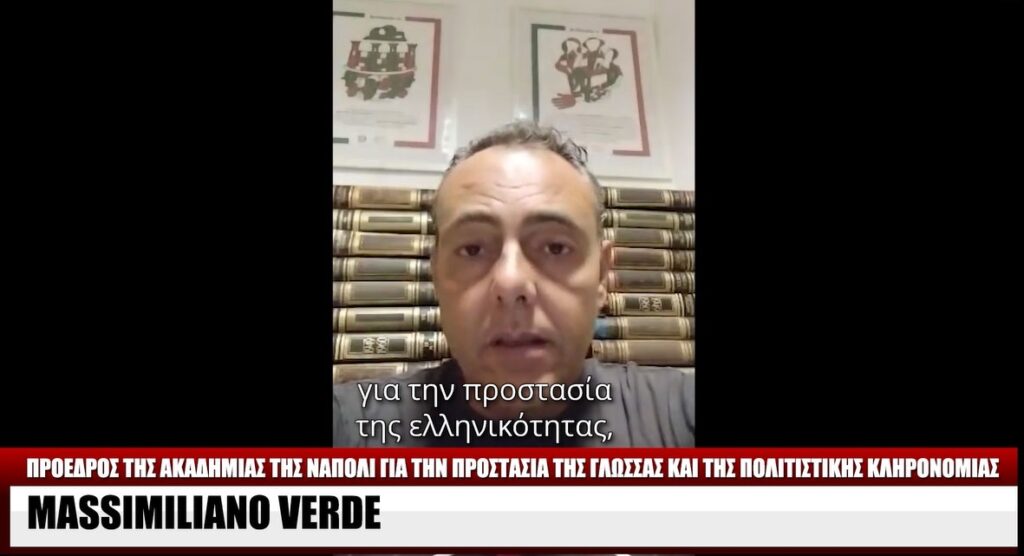
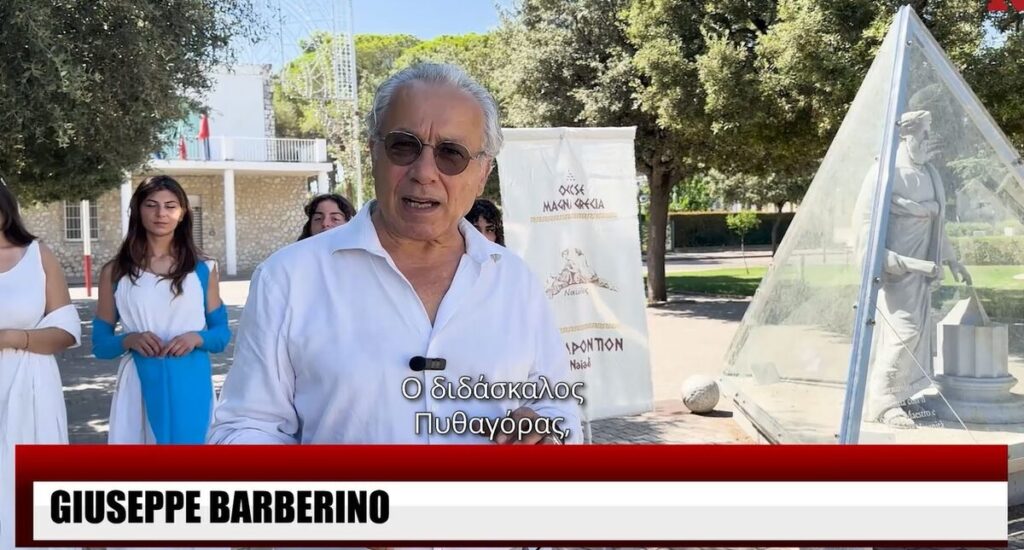
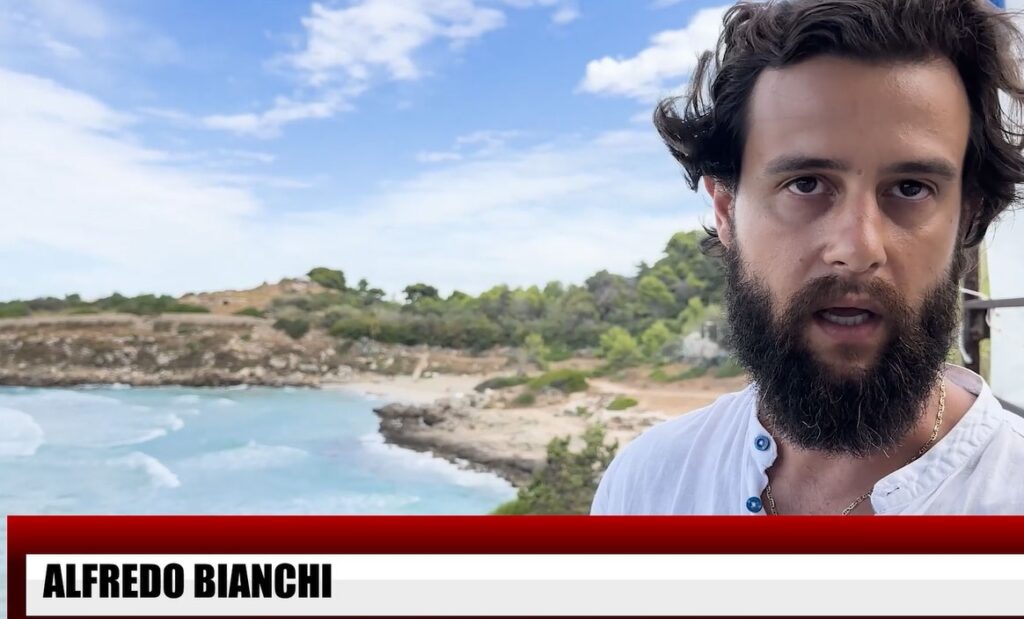
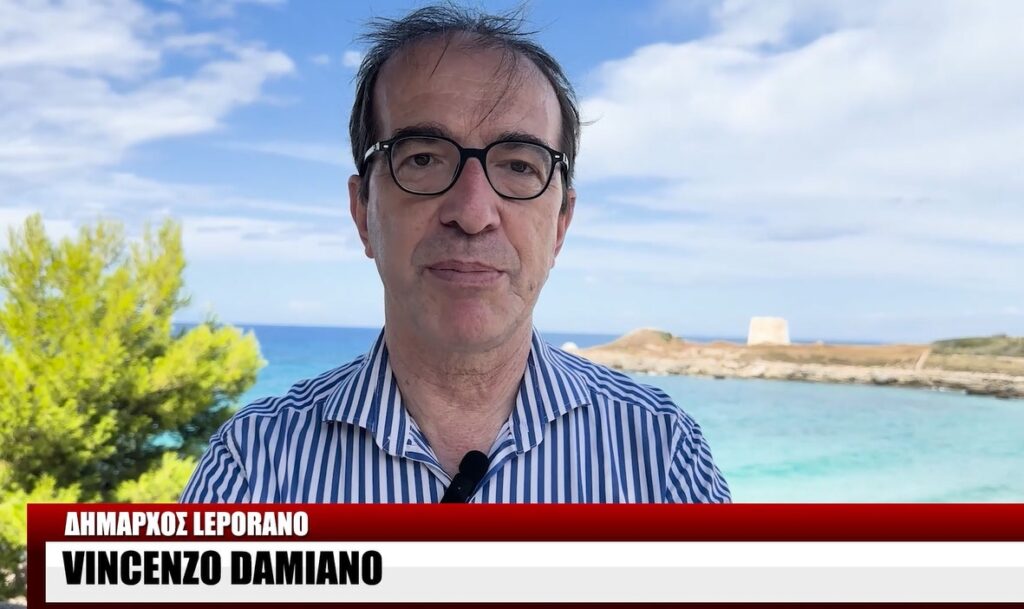
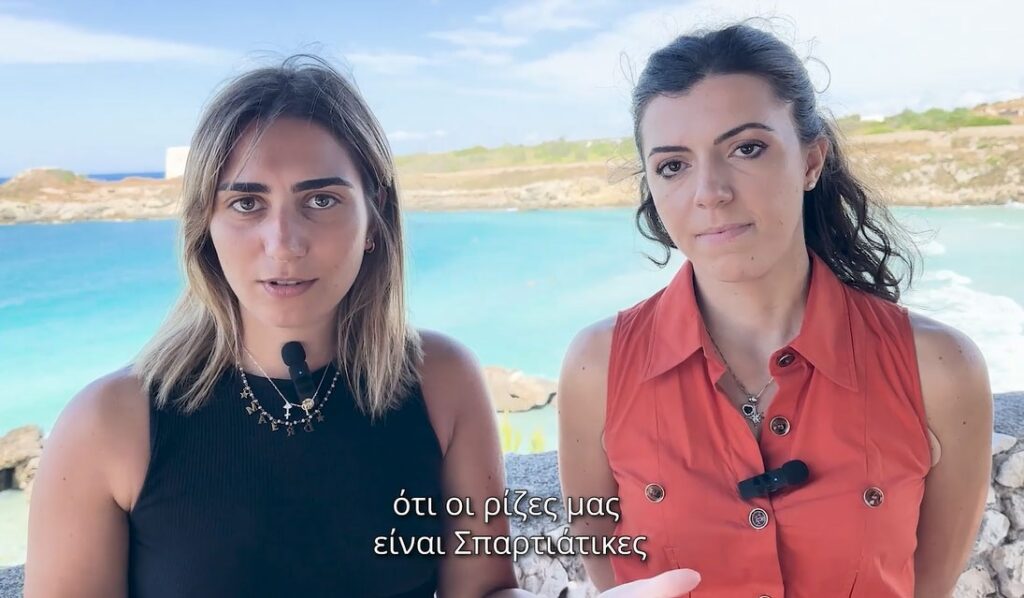
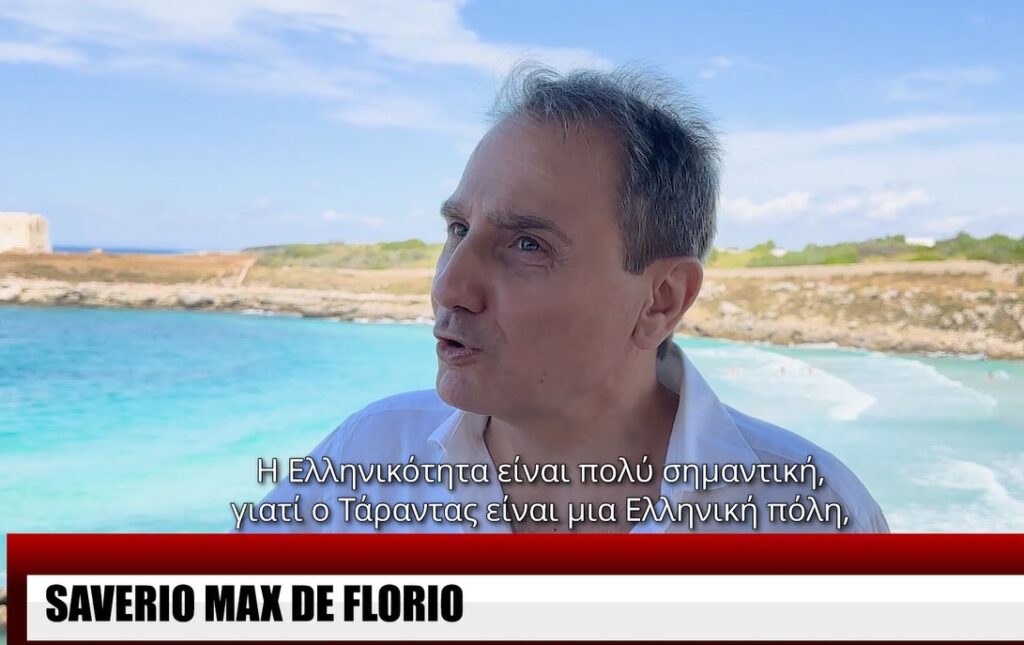
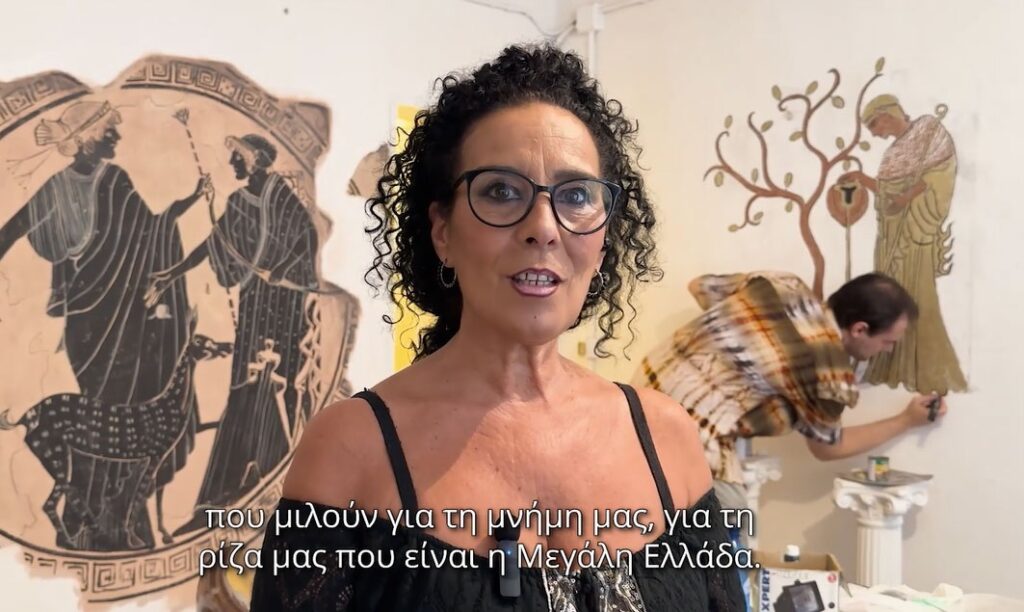
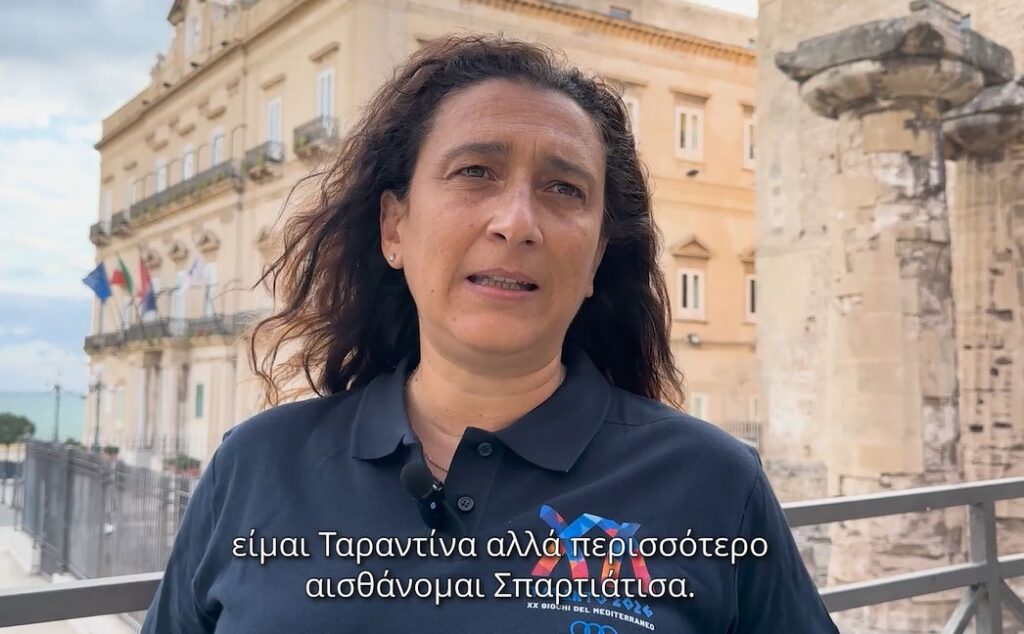
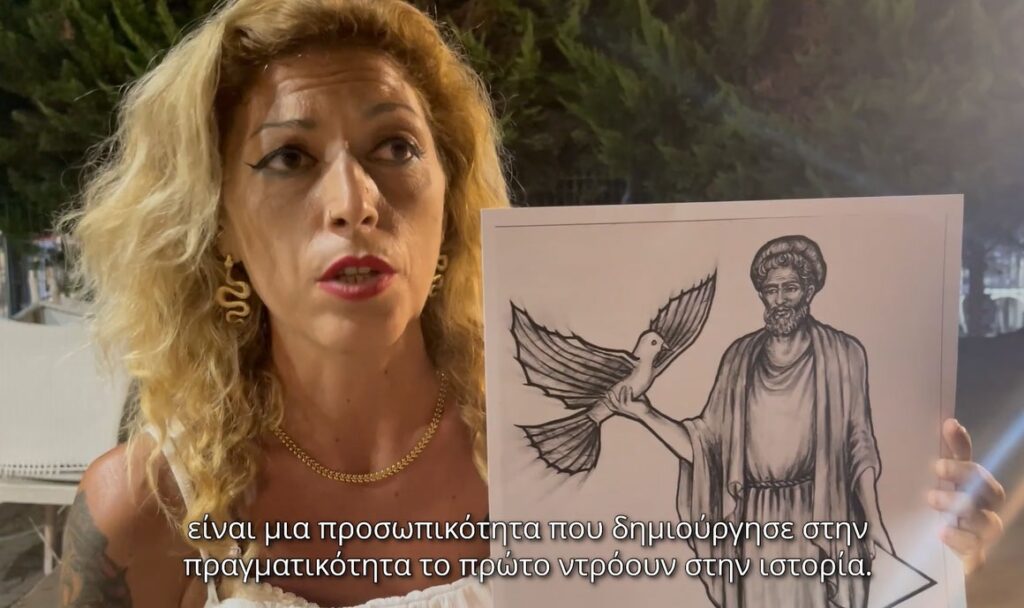
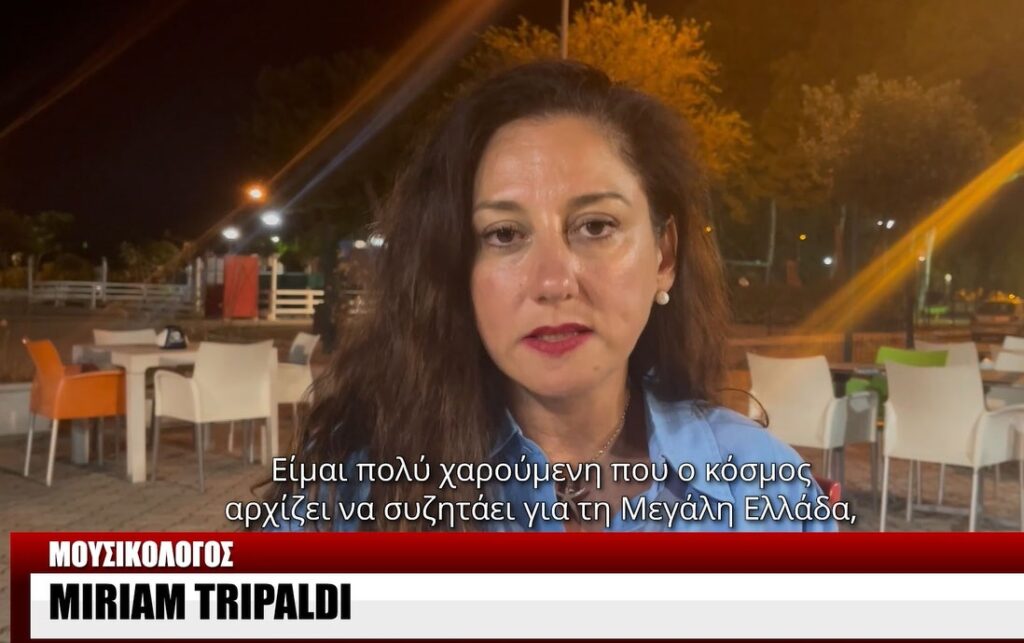
Sotiris Skouludis is a reporter for Newsbomb.

